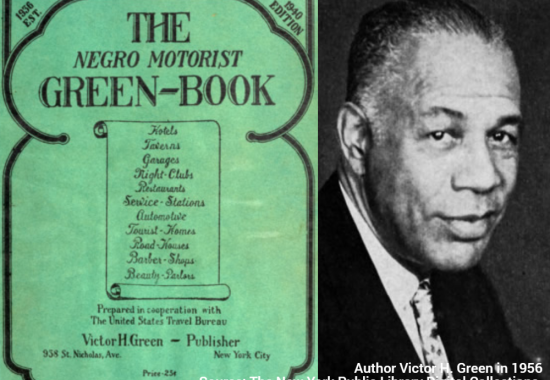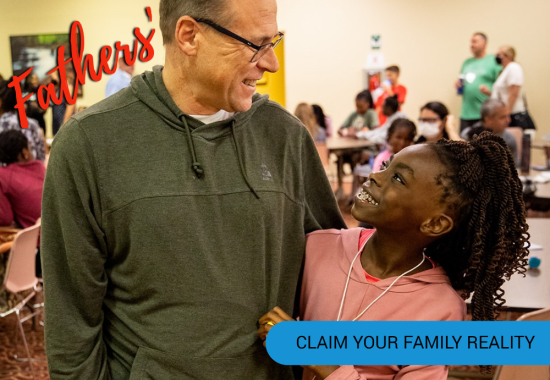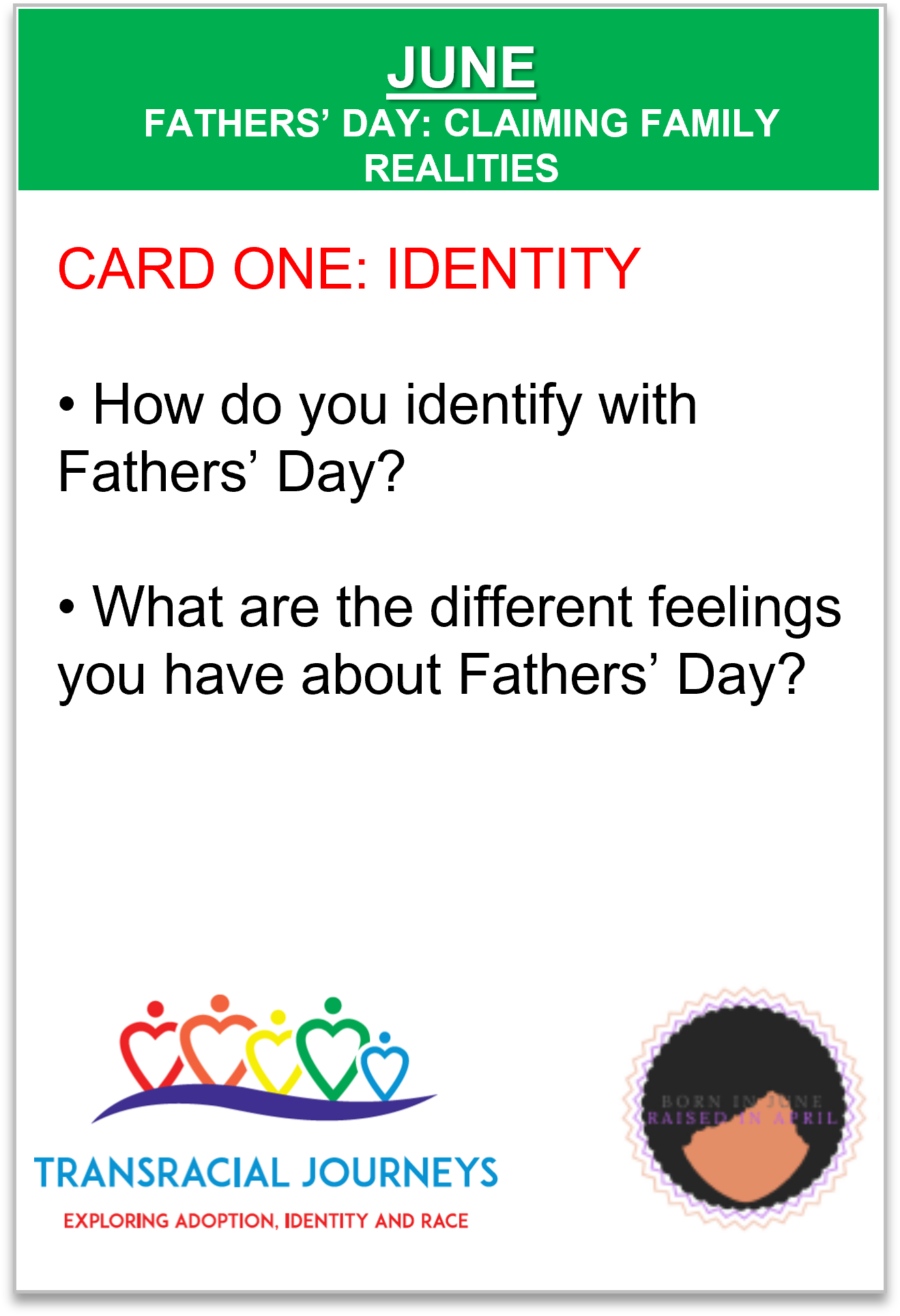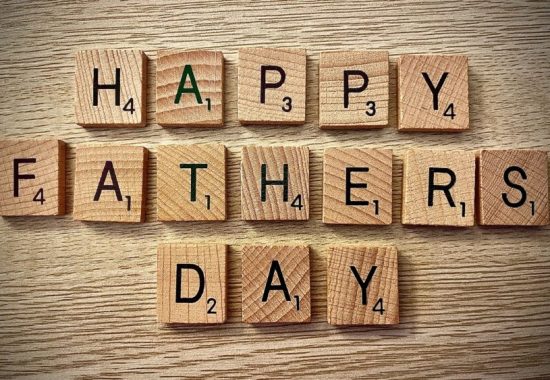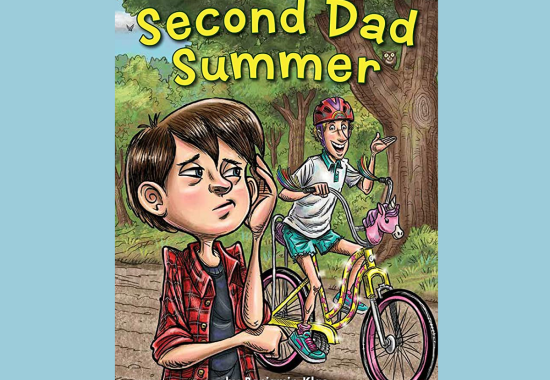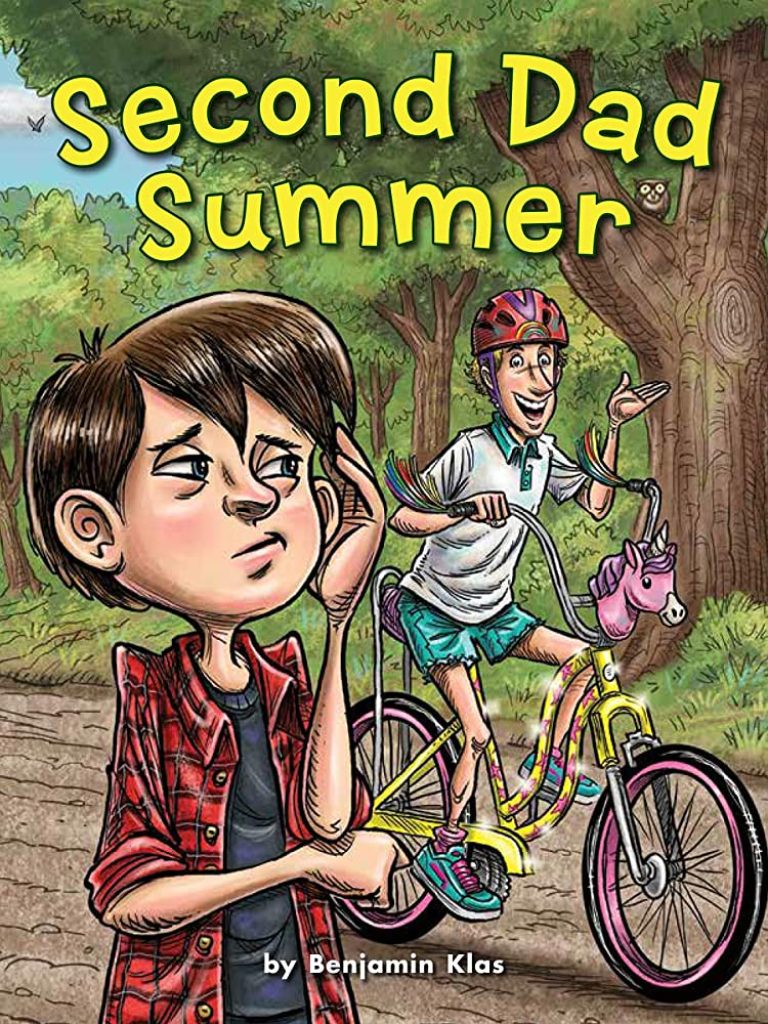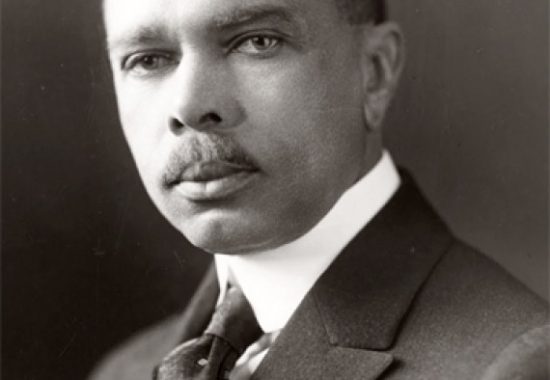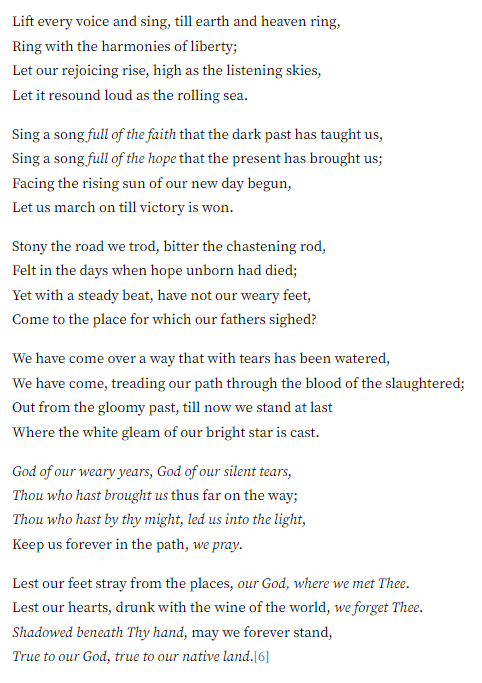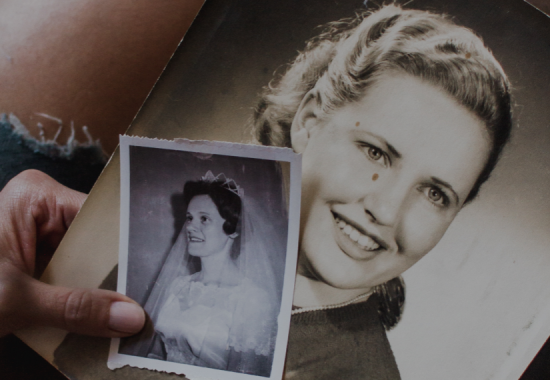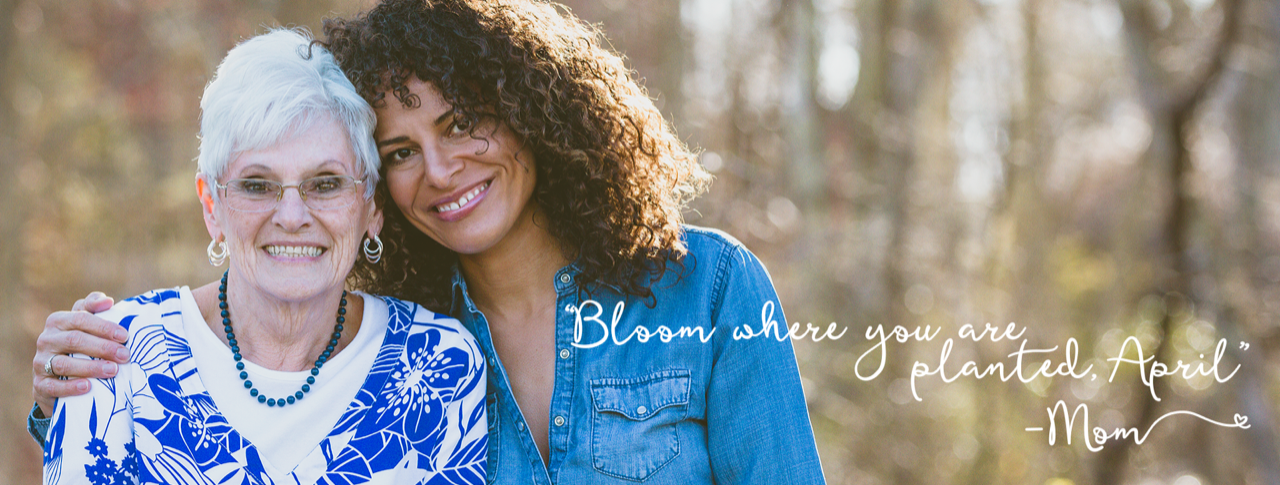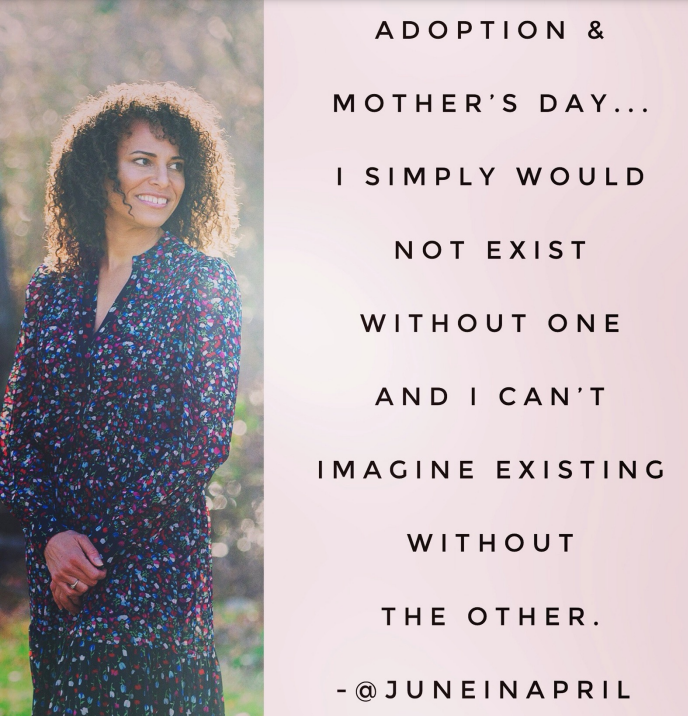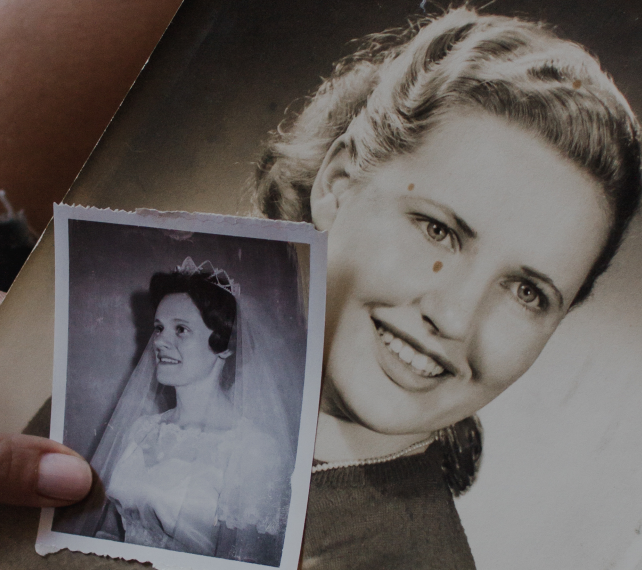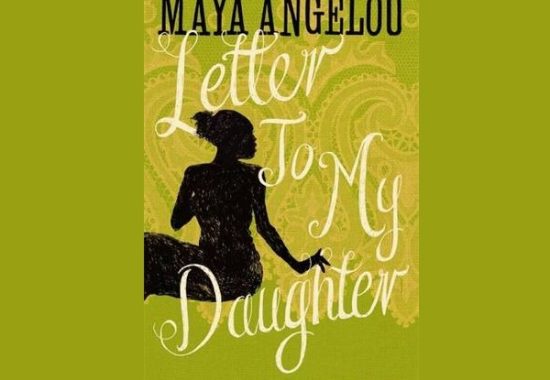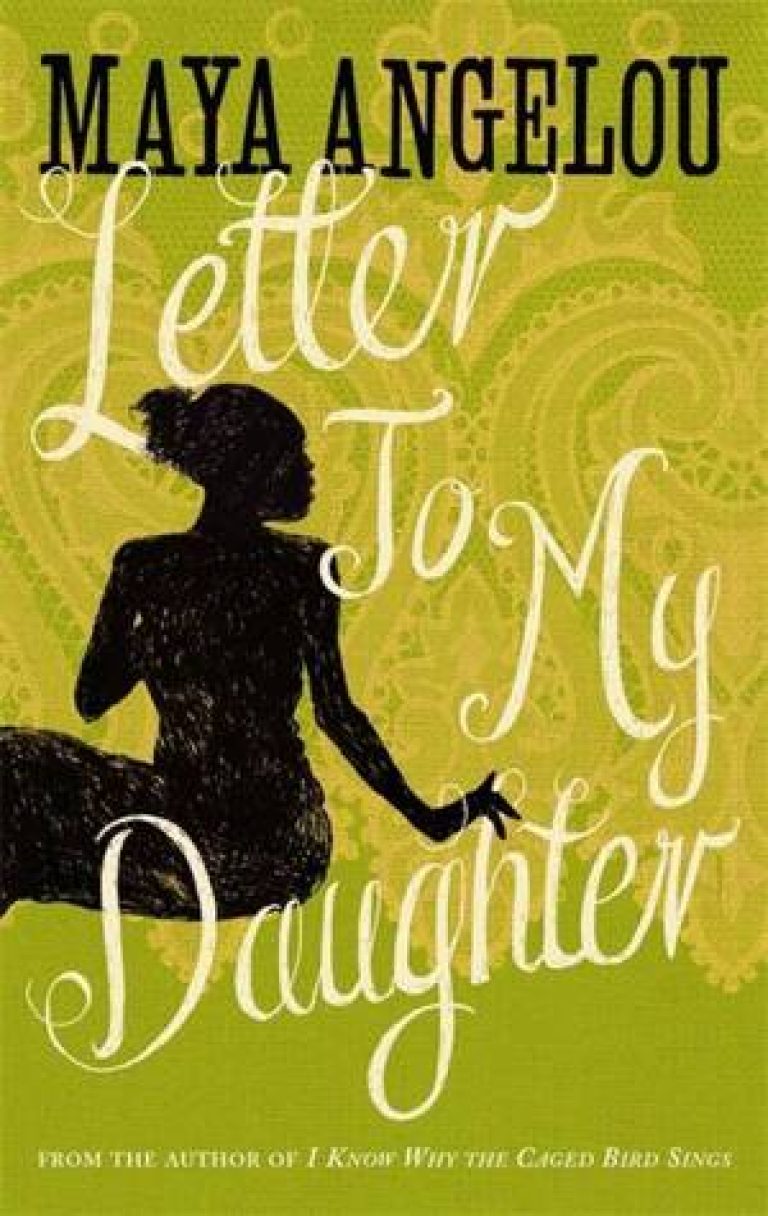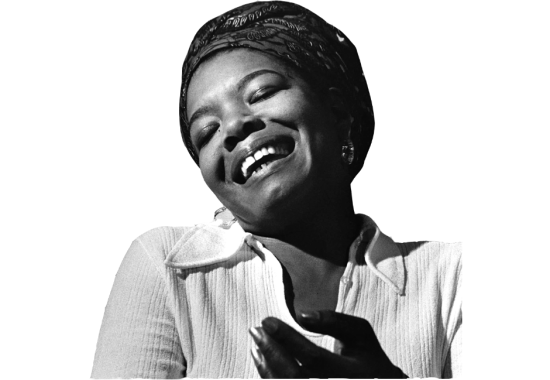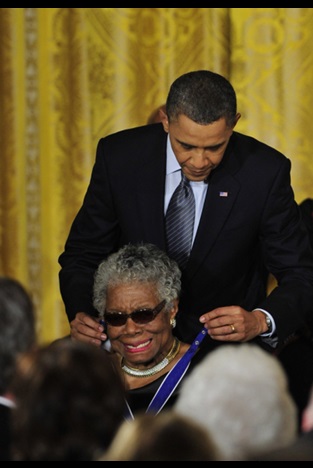As we all learn more about our history and what freedom really means, July 4th gives us much to contemplate. Who is really free and when? Freedom related to adoption and exploring the truth of who we are as individuals and families is foundational and important.
July Pro-Tip to Foster Conversations About Transracial Adoptions
At Transracial Journeys we send our families conversation cues each month, from our Transracial Journeys card deck. The card deck contains three cards for each month, designed for the children to ask their parents. Below are the questions for July. Before letting your child get started, prepare by reading the parent pro-tip, from the Parent Guide, each month.
July Pro-Tip for Parents: Do your research on the complexities of July 4th and be ready to steer confidently into the conversation with your child/children. Create space to process the emotions that may come up as you prepare to have the conversation about freedom and enslavement with your child. Even if it is hard, don’t shy away from moving in the direction of openness related to hard topics like this. It is only when we are confident and centered in the truth of our histories both collective and individual that we can be truly FREE!
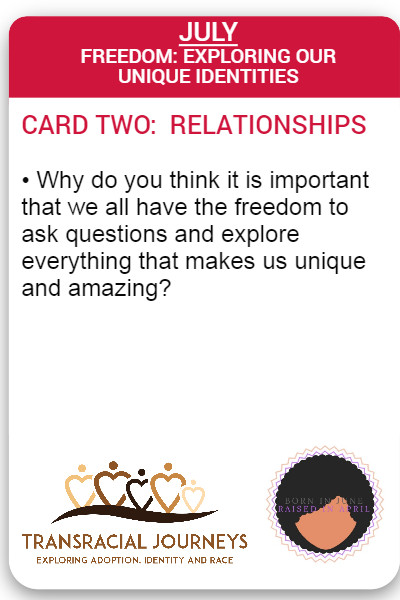
CARD ONE: IDENTITY
• What does freedom mean to you?
• Have you always felt free to explore who you are?
CARD TWO: RELATIONSHIPS
• Why do you think it is important that we all have the freedom to ask questions and explore everything that makes us unique and amazing?
CARD THREE: EMBRACING AND FACING DIFFERENCES OF RACE AND CULTURE
• Can you help me understand why the 4th of July might be complicated for African Americans?
This post is from our July, 2023, e-newsletter. If you would like to get our newsletter in your inbox each month, please subscribe. You will get invitations to our Parent Meet-Up each month, a virtual meeting to act as a transracial adoption support group - sharing issues, ideas and strategies for creating a culture of communication and curiosity in your home, as well as monthly card prompt to keep the conversations about race, adoption, family, love and relationships front and center all year long. And lastly, you'll always be made aware of important dates for Transracial Journeys Family Camp.



